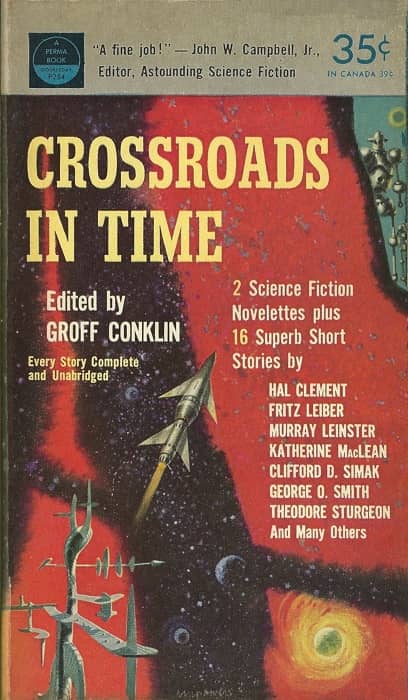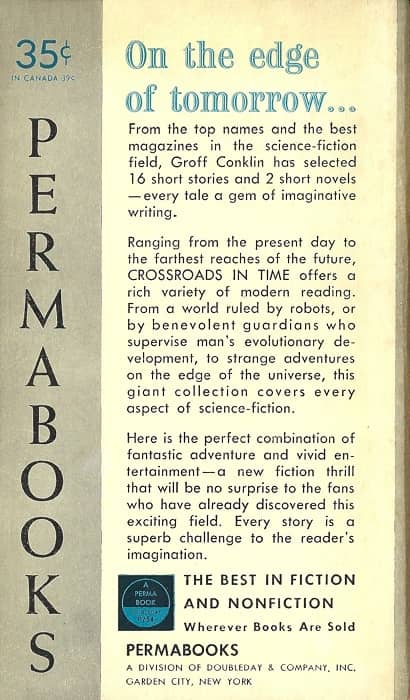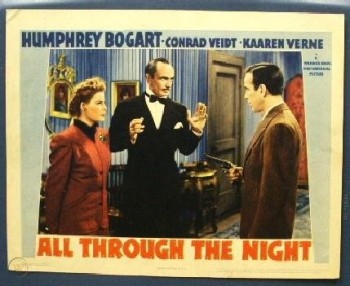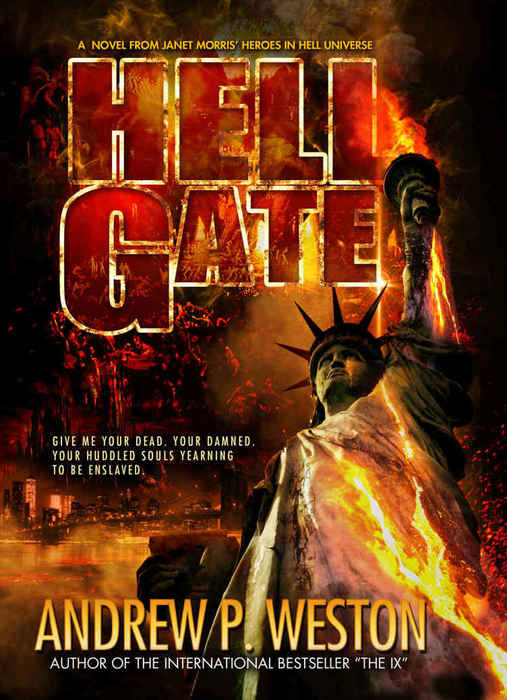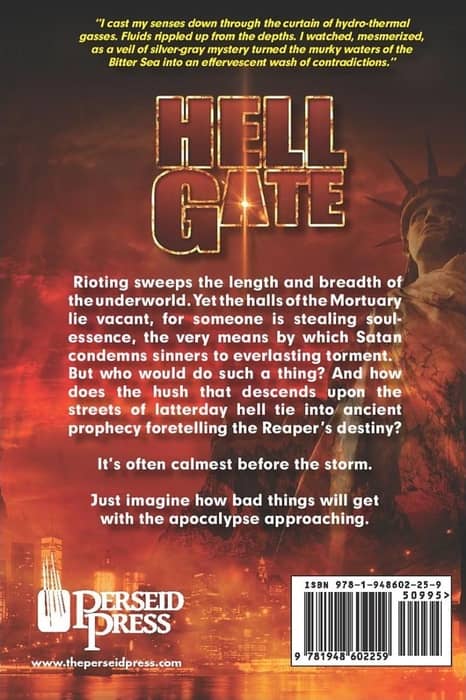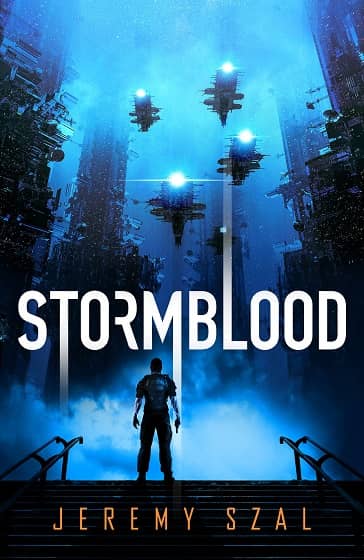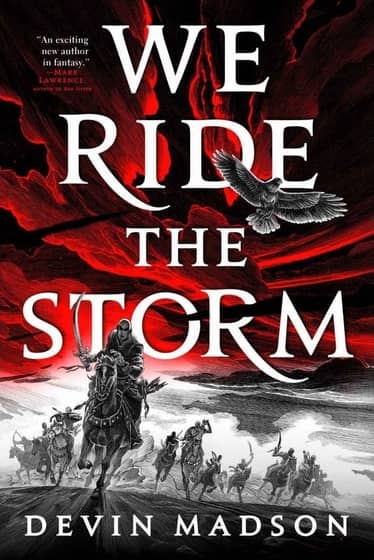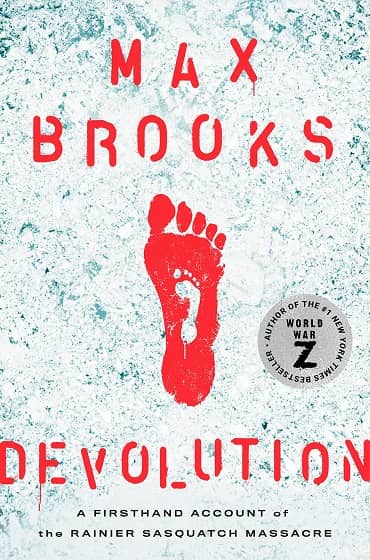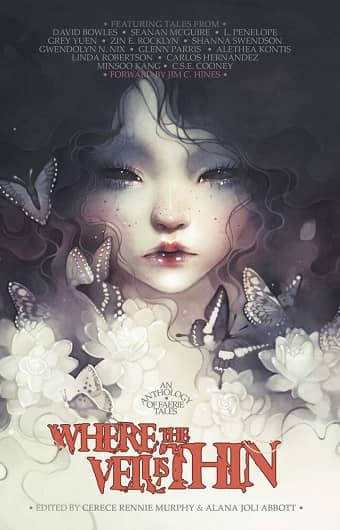New Treasures: Corporate Gunslinger by Doug Engstrom
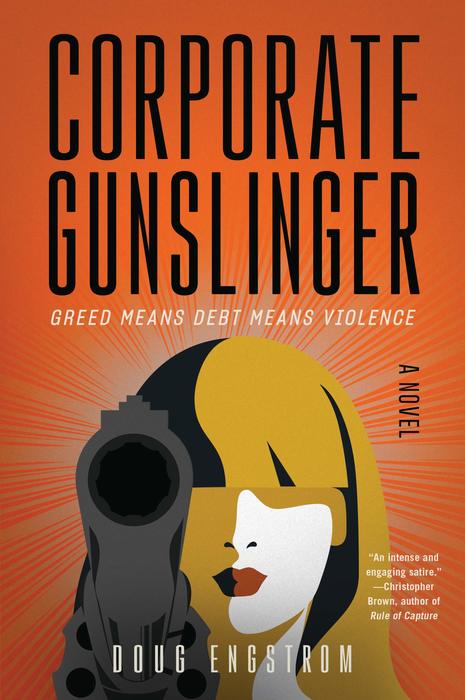 |
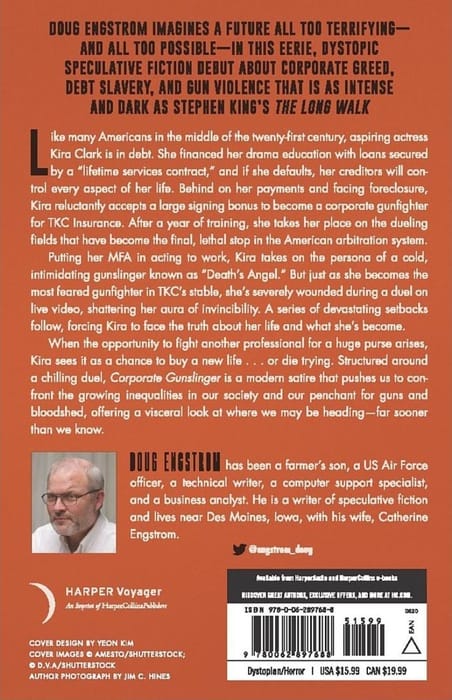 |
Corporate Gunslinger by Doug Engstrom (Harper Voyager, June 2020). Cover design by Yeon Kim
Doug Engstrom definitely has one of the more original debuts of the month with Corporate Gunslinger, a new-future adventure tale in which…. well, maybe it’s best if we jump right to the Publishers Weekly review.
Engstrom’s promising debut offers a stark, dystopian vision of a near-future American Midwest in which debt slavery is commonplace and livestreamed gunfights are a popular form of entertainment. Former actor Kira Clark accepts a sponsorship from TKC Insurance Company to duel civilians on live TV to avoid defaulting on her student loans and resigning herself to a life of debt slavery. Kira adopts a cold, composed persona in her gunfights, but outside the arena she’s kind-hearted and loyal, if gradually becoming more unstable. At her side are her best friend, Chloe Rossi, and her mentor, Diana Reynolds, who support Kira through all of her highs and lows… [a] grim, intelligent examination of the American debt crisis… fans of insightful dystopias will find plenty to enjoy.
Read the whole thing here. You know, I’m not even sure what category this is. Weird Western? Future Western? Western Dystopia? File it next to Westworld; that should be close enough.
Corporate Gunslinger was published by Harper Voyager on June 16, 2020. It is 320 pages, priced at $15.99 in hardcover and $10.99 in digital formats. The cover was designed by Yeon Kim. Read the first three chapters here, and listen to an audio excerpt here. See all our recent New Treasures here.

